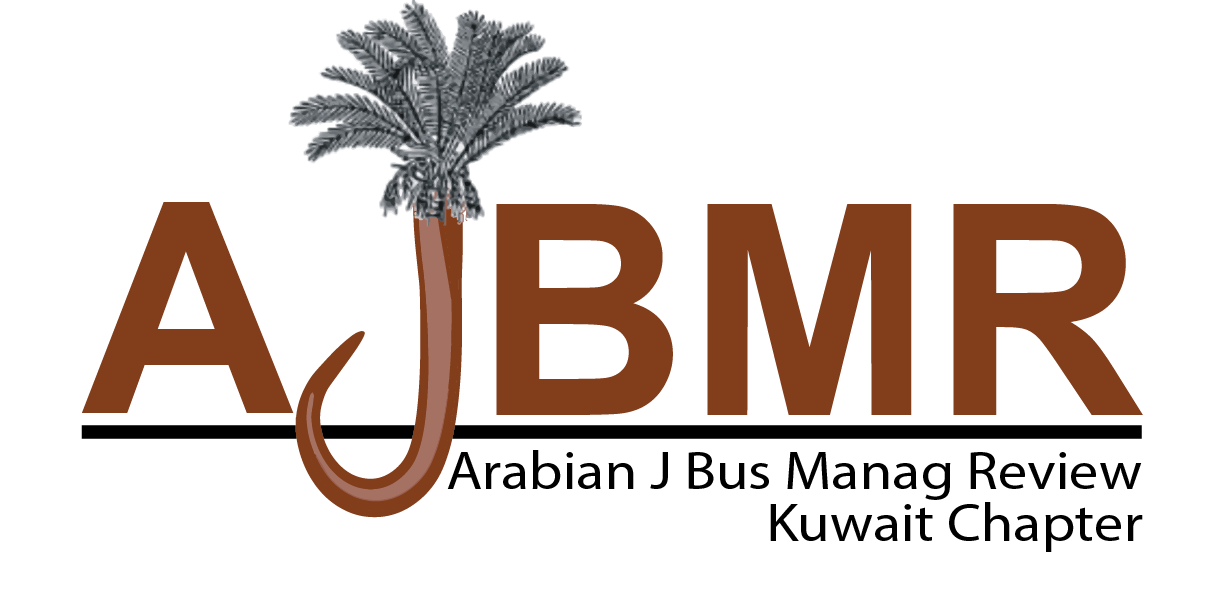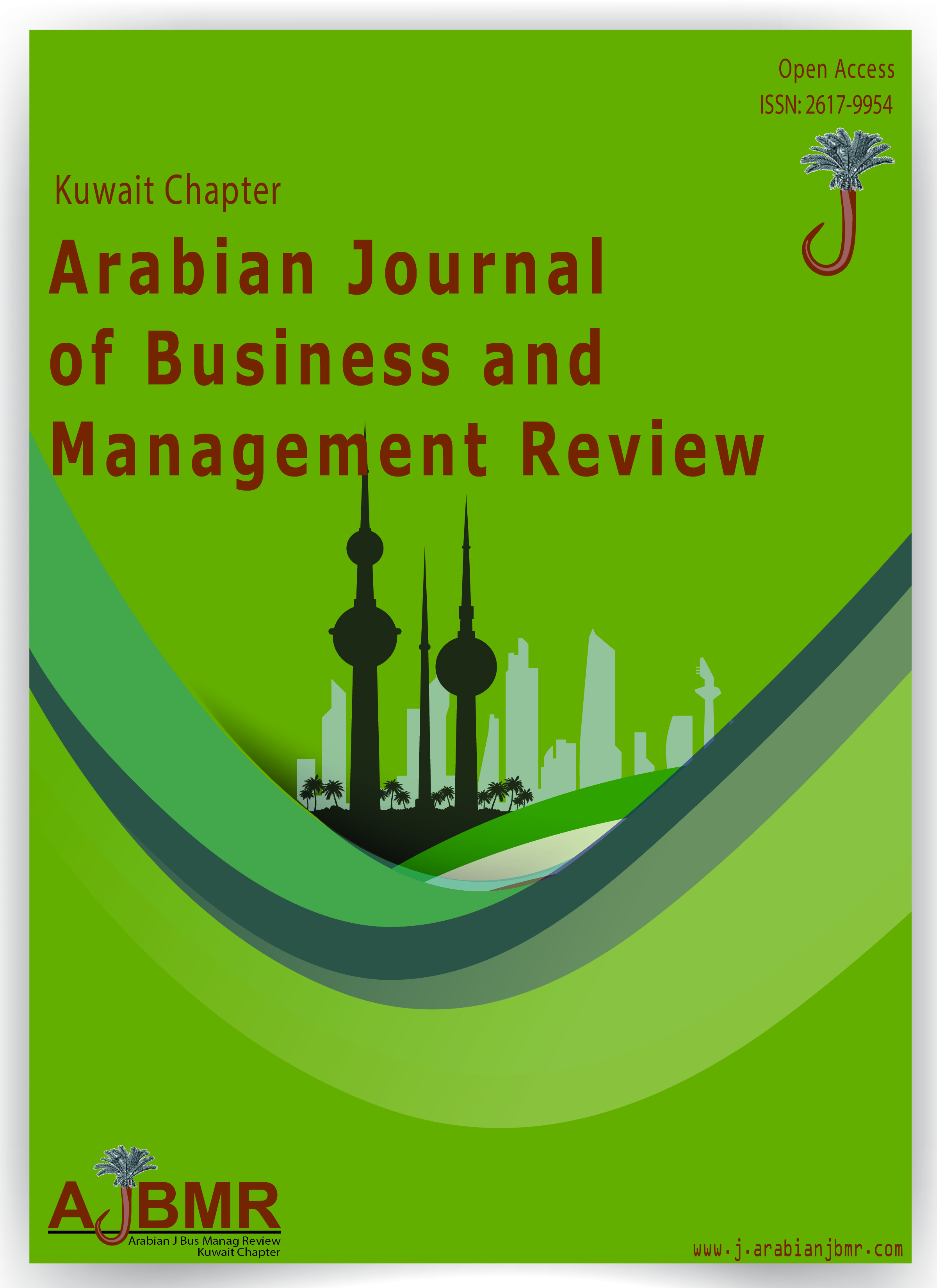The effect of total quality management practices on quality performance: The case of Ethiopia leather industry
Keywords:
Total quality management (TQM), Effectiveness of the firm (EF), Customer satisfaction (CS), ordered logistic regression, critical success factors.Abstract
This study is intended to identify The Effect of Total Quality Management Practices on Quality Performance: The Case of Ethiopia Leather Industry (ELICO). Previous empirical studies revealed that successful implementation of Total Quality Management benefited organization through improving organizational performance in many dimensions. However, there is a lack of study on the effect of total quality management on quality performance in Ethiopia as well as globally which in turn result knowledge gap. Therefore, this study aims to bridge this gap in literature and knowledge. The study employs an explanatory and descriptive research design and uses quantitative and qualitative approach. A survey is conducted by using structured close-end questionnaires and interview questions. 86 employees have participated, and 75 questionnaires were collected. Descriptive and ordered logistic regression statistical tools were used to examine the relationship between Total Quality Management practices and quality Performance. The result of this study revealed that there is positive and significant relationship between Total Quality Management and overall quality performance and among Total Quality Management Practices, Information analysis, Top management commitment and employee encouragement have a positive coefficient with significant p value. Training and education resulted with negative coefficient but with significant P-value at 1%, 5%, 10%, level. The result implies that among the eight TQM dimensions TMC, IAS, EE and TE have an impact on Overall quality performance and are revealed to be best predictors to explain the overall quality Performance. Thus, this study recommended that managers of ELICO have to give more attention in their managerial activities to effective implementation of TQM practices to successful quality performance for higher levels of customer satisfaction in their industry.
References
Abusa, F. (2011). TQM implementation and its impact on organizational performance in developing countries: A case study on Libya (Doctoral dissertation, University of Wollongong). University of Wollongong Thesis Collection. https://ro.uow.edu.au/theses/3314
Al-Sabi, S., Ma'moun, M., & Masadeh, A. (2017). The impact of total quality management implementation on employees’ service recovery performance in five-star hotels in Jordan. [Journal/Conference name missing – add if available].
Baye, H., & Raju, R. (2016). The extent of TQM practices in Ethiopian manufacturing firms: An empirical evaluation. International Journal of Applied Research, 2(5), 239–244.
Boshoff, C., & Allen, J. (2000). The influence of selected antecedents on frontline staff’s perceptions of service recovery performance. International Journal of Service Industry Management, 11(1), 63–90.
Daniel, A. (2010). The impact of ISO 9000 certification on quality management practices in EFFORT corporate ISO 9000 certified industries (MBA thesis, Unity University, Addis Ababa).
Gupta, A., McDaniel, J., & Kanthi, H. (2005). Quality management in service firms: Sustaining structures of total quality service. Managing Service Quality: An International Journal, 15(4), 389–402.
Hague, P., & Hague, N. (2016). Customer satisfaction survey: The customer experience through the customer’s eyes. Cogent Publication.
Irfan, S., & Kee, D. (2013). Critical success factors of TQM and its impact on increased service quality: A case from service sector of Pakistan. Middle-East Journal of Scientific Research, 15(1), 61–74.
Juran, J. (1988). Juran on planning for quality. The Free Press.
Juran, J., & Godfrey, B. (1999). Juran’s quality handbook (5th ed.). McGraw-Hill Companies.
Kannan, V., & Tan, K. (2005). Just in time, total quality management, and supply chain management: Understanding their linkages and impact on business performance. Omega, 33(2), 153–162.
Khan, M. (2010). Evaluating the Deming management model of total quality in telecommunication industry in Pakistan: An empirical study. International Journal of Business and Management, 5(9), 46–53.
Kiprotich, A., Njuguna, R., & Kilika, J. (2018). Total quality management practices and operational performance of Kenya Revenue Authority. International Journal of Contemporary Aspects in Strategic Management (IJCASM), 2, 99–100.
Kirubel, A. (2016). Determinants of financial reporting quality: Evidence from large manufacturing companies of Addis Ababa (MBA thesis, Addis Ababa University).
Lakhe, R., & Mohanty, R. (1995). Understanding TQM in service systems. International Journal of Quality & Reliability Management, 12(9), 139–153.
Marcel, T., & Ayankeng, G. (2015). The impact of total quality management on firm’s organizational performance. American Journal of Management, 15(4), 70–71.
Marinagi, C., Trivellas, P., & Reklitis, P. (2015). Information quality and supply chain performance: The mediating role of information sharing. Procedia - Social and Behavioral Sciences, 175, 473–479.
Muijs, D. (2010). Doing quantitative research in education with SPSS. Sage.
Onyekwelu, N., Anah, S., & Firdols, O. (2018). The effect of teamwork on employee performance: A study of medium scale industries in Anambra state. International Journal of Contemporary Applied Researches, 5(2), 187–191.
Prajogo, D., & McDermott, C. (2005). The relationship between total quality management practices and organizational culture. International Journal of Operations & Production Management, 25(11), 1101–1122.
Sadikoglu, E., & Zehir, C. (2014). The relationship between TQM practices and organizational performance: An empirical investigation. International Journal of Production Economics, 127, 13–26.
Samat, N., Ramayah, T., & Mat, N. (2006). TQM practices, service quality, and market orientation: Some empirical evidence from a developing country. Management Research News, 29(11), 713–728.
Saunders, M., Lewis, P., & Thornhill, A. (2009). Research methods for business students (5th ed., pp. 318–359). Pearson Education.
Singh, B. (2014). Innovative research practices in developing economies. International Journal of Innovation and Scientific Research, 3(2), 213–217.
Tejada, J., & Punzalan, J. (2012). On the misuse of Slovin’s formula. The Philippine Statistician, 61(1), 129–136.







